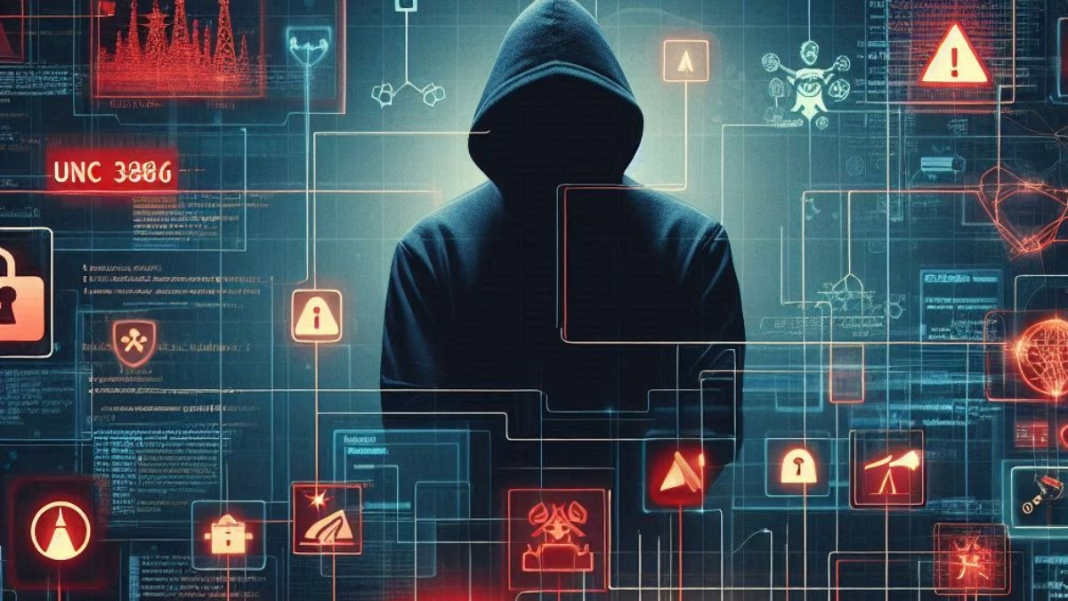Singapore has taken an unusual step by publicly naming a powerful and dangerous hacker group — UNC 3886. This move was announced during an important event focused on cybersecurity. The group is believed to be responsible for attacking the country’s critical systems like energy, transport, and defence.
A Rare Public Warning About a Dangerous Hacker Group
The hacker group UNC 3886 is not new. According to cybersecurity experts, it has been active in several countries and is known for targeting key sectors such as defence, technology, and communication. What makes this group more dangerous is how it first sneaks into network devices like routers and then quietly moves through bigger systems. These actions allow the group to steal important information or even cause serious damage.
Singapore’s cybersecurity leaders believe the attacks are still happening. Officials have confirmed that the group is actively trying to break into essential national systems, which keep the country running smoothly. These include power, water, healthcare, and internet services.
Critical Systems Under Attack
The Singapore government has confirmed that the group’s main targets are parts of the country’s Critical Information Infrastructure (CII). These are systems that provide essential services to people every day — from electricity and clean water to emergency response and financial systems.
Right now, several departments, including defence forces and cybersecurity agencies, are working together to handle the threat. This is a coordinated effort across the entire government to stop the attack and protect important services.
Singapore Battles Ongoing Cyberattack by Spy Group UNC3886
While Singapore is known to face many hacking attempts, the current situation is different. It’s not just the attack that is new — it’s the public way in which it was revealed. This direct naming of the hacker group is very rare. It shows that the threat is serious and the government wants to send a clear message — both to the hackers and to the public.
Officials also reminded people how damaging such cyberattacks can be. They gave an example of Ukraine’s power grid attack a few years ago. In that case, hackers were able to shut down electricity in many areas, affecting thousands of people.
Past Attacks and Growing Risk
In 2017, hackers broke into university systems and also stole personal data from the Ministry of Defence. These past incidents show that Singapore’s important systems have always been on the radar of global hacker groups.
🧨 Ransomware Nightmare—UK Students Blocked from Submitting Coursework in 11-School Cyber Siege
From 2021 to 2024, the number of such APT attacks has gone up by four times, according to reports. Most of these attackers work quietly and are hard to detect. They often stay inside systems for a long time before they are even noticed.
Singapore’s high-tech systems, strong digital networks, and connected economy make it a top target for such threats. Hackers are always looking for ways to break in and steal valuable information or create chaos.
By naming UNC 3886, Singapore is doing something bold. It shows the country’s ability to track even the most secretive hacker groups. It also lets the world know that Singapore is serious about protecting its systems and people from growing cyber threats.
